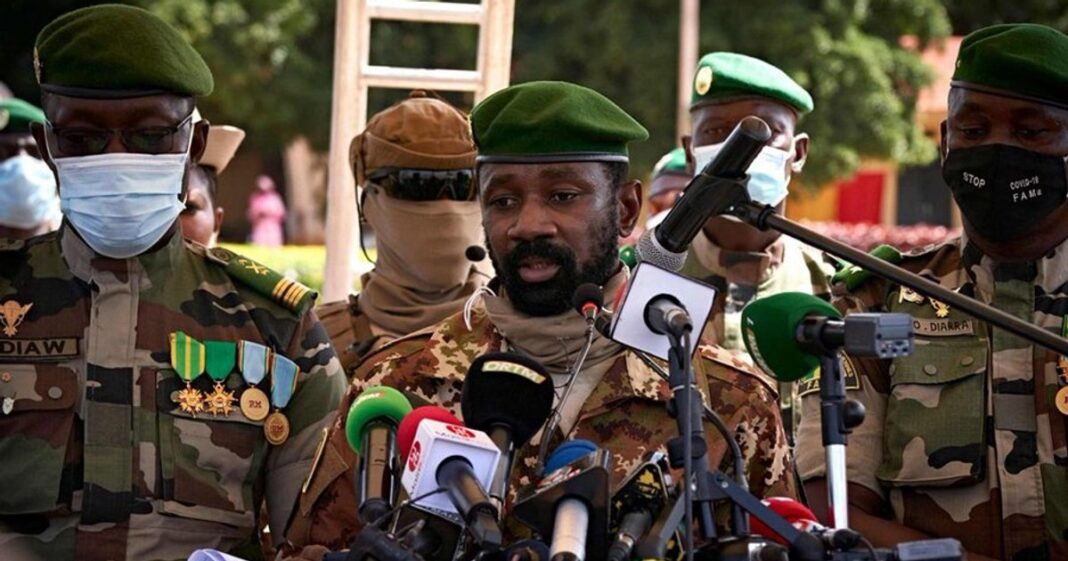Mali’s Diplomatic Tensions with the U.S.
The move, confirmed by Mali’s foreign ministry on Sunday, marks the latest flashpoint in the shifting relationship between Washington and Bamako. The Malian government’s decision is a direct response to the U.S. visa bond system, a topic that has stirred considerable debate.
The BBC reports that the Malian government said the decision to implement an “identical visa programme” was taken to mirror the United States’ own policy, which it described as “unilateral and discriminatory.”
The U.S. bond system, part of President Donald Trump’s immigration enforcement measures, requires applicants from several countries, including Mali, to post refundable bonds ranging from $5,000 to $15,000 before obtaining a visa. This requirement has drawn criticism and resentment from affected nations.
Apart from Mali, other African nations have been affected by the U.S. visa bond and include Malawi, Zambia, The Gambia, Mauritania, São Tomé and Príncipe, and Tanzania, according to data from the U.S. State Department and regional reports. This broader impact highlights the systemic nature of the issue.
Washington framed the measure as a way to deter overstays and “safeguard U.S. national security.” However, the narrative around security is often contested, especially in regions like West Africa, where the implications are much more complex.
Mali’s Diplomatic Pushback
Mali’s response follows months of tense exchanges between the two nations. Although the U.S. embassy in Bamako said the bond was meant to “reinforce America’s border security,” Malian officials viewed it as an affront to diplomatic reciprocity and sovereignty.
The West African nation, now led by President Assimi Goïta, has sought to assert its independence on the global stage since the 2021 coup that brought him to power. Mali’s move is seen as a significant statement of self-determination.
In a statement, Mali’s Ministry of Foreign Affairs expressed that it had no choice but to “apply the principle of equality” in its treatment of American visitors. This official position underlines a broader call for fairness in international relations.
The bond requirement is expected to apply to both business and tourist visas, potentially affecting American companies exploring Mali’s resource-rich mining sector, particularly its gold and lithium industries, which have drawn increased U.S. interest recently.
The decision also reflects growing resentment in West Africa toward perceived U.S. double standards in foreign policy. This frustration can be attributed to the reality that many African nations are grappling with the fallout from policies they deem unjust.
In June, Chad suspended all visas to US citizens after Washington added the Central African nation to its own restrictive travel list. Mali’s action mirrors that precedent, signaling a growing willingness among African states to retaliate against what they see as unfair visa and migration policies.
Diplomatic relations between Bamako and Washington have remained uneasy despite recent efforts at engagement. In July, U.S. officials visited Mali to discuss counterterrorism cooperation and investment opportunities, highlighting the complexities in their interaction.
However, Mali’s deepening military and economic partnership with Russia—following the expulsion of French troops and the arrival of Moscow-backed Africa Corps personnel—continues to complicate the relationship. This shift illustrates a realignment in alliances that challenges traditional Western influence in the region.
As Africa’s geopolitical alliances shift, nations like Mali are asserting their right to respond to Western policies on their own terms. This self-determination reflects a broader trend of rising assertiveness among African nations on the international stage.
This structured article engages readers with detailed insights into the diplomatic relations between Mali and the United States, highlighting the complexities and nuances of recent developments. Each paragraph addresses specific aspects, ensuring clarity and depth of information.



